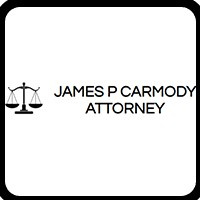Raven Workout Lawyer, Virginia
Not enough matches for Raven Workout lawyer.
Below are all Raven Bankruptcy & Debt lawyers.
James P Carmody
✓ VERIFIEDBankruptcy, Family Law, Credit & Debt
Since 1976, Mr. Carmody has provided outstanding legal services for bankruptcy, divorce, custody issues, and adoption proceedings to clients in the gr... (more)
Vincent John Carroll
Government, Workers' Compensation, Employment, Bankruptcy
Status: In Good Standing
Michael Mclaughlin
Tax, Dispute Resolution, Juvenile Law, Bankruptcy
Status: In Good Standing Licensed: 11 Years


